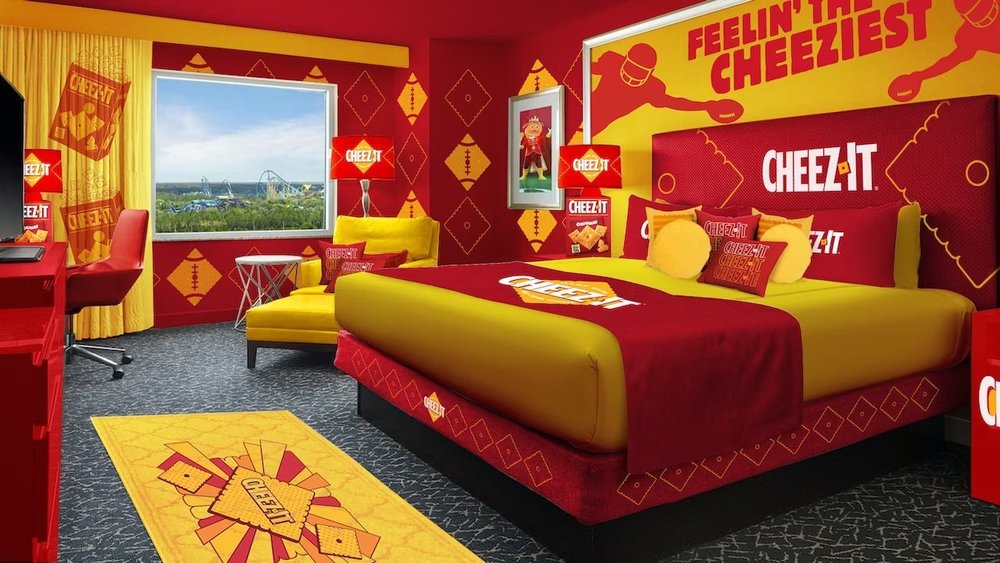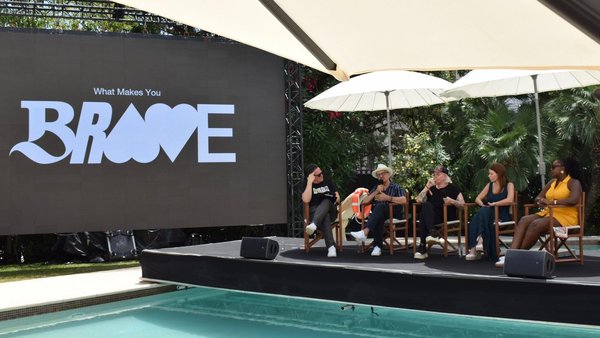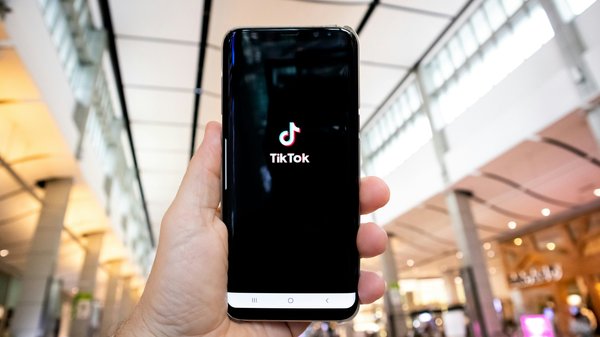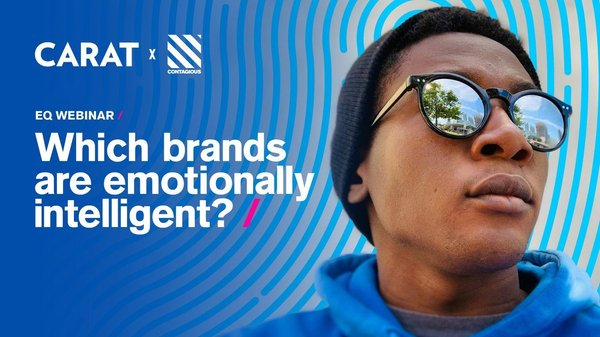Promoted content
Propelling Crisps and Crackers into Culture /
Leaders from Weber Shandwick and Kellanova on why it’s vital for brands to be culturally relevant, and what it takes to earn attention.

If you want to make an impact in culture you need to be able to process insights in real time, according to Weber Shandwick president Susan Howe.
Howe was speaking on stage at Most Contagious New York on 24 January with Kellanova VP of marketing Erin Storm. The pair discussed tactics for how Weber Shandwick and Kellanova work together to make the latter’s brands — including Cheez-It, Pringles and Club Crackers — culturally relevant.
Howe described Kellanova (which was part of Kellogg’s until 2023) as a ‘powerhouse snack company,’ and this is no stretch of the truth. The company boasts a portfolio of brands with a heritage spanning over 60 years, so it is understandable why cultural relevance is at the core of many of its initiatives.
‘We released The Weber Shandwick Collective Earned Effect study in partnership with the IPA [Institute of Practitioners in Advertising] which showcases how work that creates cultural salience delivers business results […] and we defined cultural salience as work that gets conversation and coverage going,’ said Howe.
The study found that cultural relevance is 53% more likely to drive business results, 75% more likely to halo beyond the brand itself and 2.6x more likely to achieve an increase in profit. However, Kellanova does not see cultural relevance as a ‘one and done’ strategy, said Storm. Instead, marketers should be looking to continually stay on the pulse because culture moves quickly and brands need to keep up with it.
One way to maintain relevance is to understand how people are responding to your brand. To exemplify this, Storm discussed Cheez-It’s tie to college football. For many years, the brand has been running a similar spot to launch the college football season, which shows the brand’s cheese wheel mascot yelling, ‘I woke up feeling the cheesiest, coach!’ Cheez-It noticed that fans started to organically share the phrase on social media, so to leverage the popularity of the phrase, the brand got into the NIL (name, image, likeness) space by offering college football players a stay in Cheez-It-branded hotel suites (see lead image) before their game so they could quite literally wake up ‘feeling the cheesiest’. The activation was agile and helped the brand beat its competition to the punchline.
Staying culturally relevant also relies on identifying moments that give brands the opportunity to join the conversation. In September 2023, Pringles reacted to a viral scene from the Real Housewives of New York, in which Erin Lichy served caviar-topped Pringles. Weber Shandwick had already brought the burgeoning trend to Kellanova’s attention as an organic opportunity to seize, seeing that the combination was gaining lots of attention on TikTok. They were able to “test” the popularity of the pairing at Coachella to great success, and so partnered with The Caviar Co. to release a selection of Pringles and Caviar kits. When the Real Housewives scene aired, ‘We were on the pulse, we were seeing how consumers were interacting with our brands and we were ready to go,’ said Storm.
Being relevant is also about identifying and executing an insight that resonates with your desired consumer. When Weber Shandwick’s data revealed that book clubs enjoyed having cheese and wine, Club Crackers took this information and launched crackers infused with Chardonnay.
Storm explained, ‘Club is a smaller brand for us and a lot of times with smaller brands, we think there are not the dollars for earned activations, and we tend to depend on more tried-and-true traditional advertising. But the way I see it is the earned activations actually make your advertising work even harder for you because you're creating conversation, you're not just talking at consumers.’
Finally, Howe explained how Weber uses Culture Compass, its proprietary AI tool that helps sort through millions of conversations to pinpoint where the brand can intersect with culture. Weber used this to create an activation for Cheez-It when the brand learned that Gen Z has a passion for road trips. The result was a brand takeover pit stop at a National Park, which allowed people to fill up their cars with Cheez-It snacks. Storm added that the activation included exclusive merch because the brand understood that the event alone was not enough.
Storm added, ‘[The activation was] hugely successful, it got over a billion impressions and the traffic on the day had exceeded our expectations. There was six times more traffic than [the brand] would get in a normal weekend, four-hour impromptu road trips, people lining up an hour before we opened.’
Howe summed up the importance of cultural relevance earlier in the talk, saying: ‘I think the point is, no matter what your target audience is, you need to have a real-time insights process. And that's one of the greatest things about our partnership — you guys are always willing to lean in quickly to react.’
Want more of the same? /
We don’t just write about best-in-class campaigns, interviews and trends. Our Members also receive access to briefings, online training, webinars, live events and much more.




